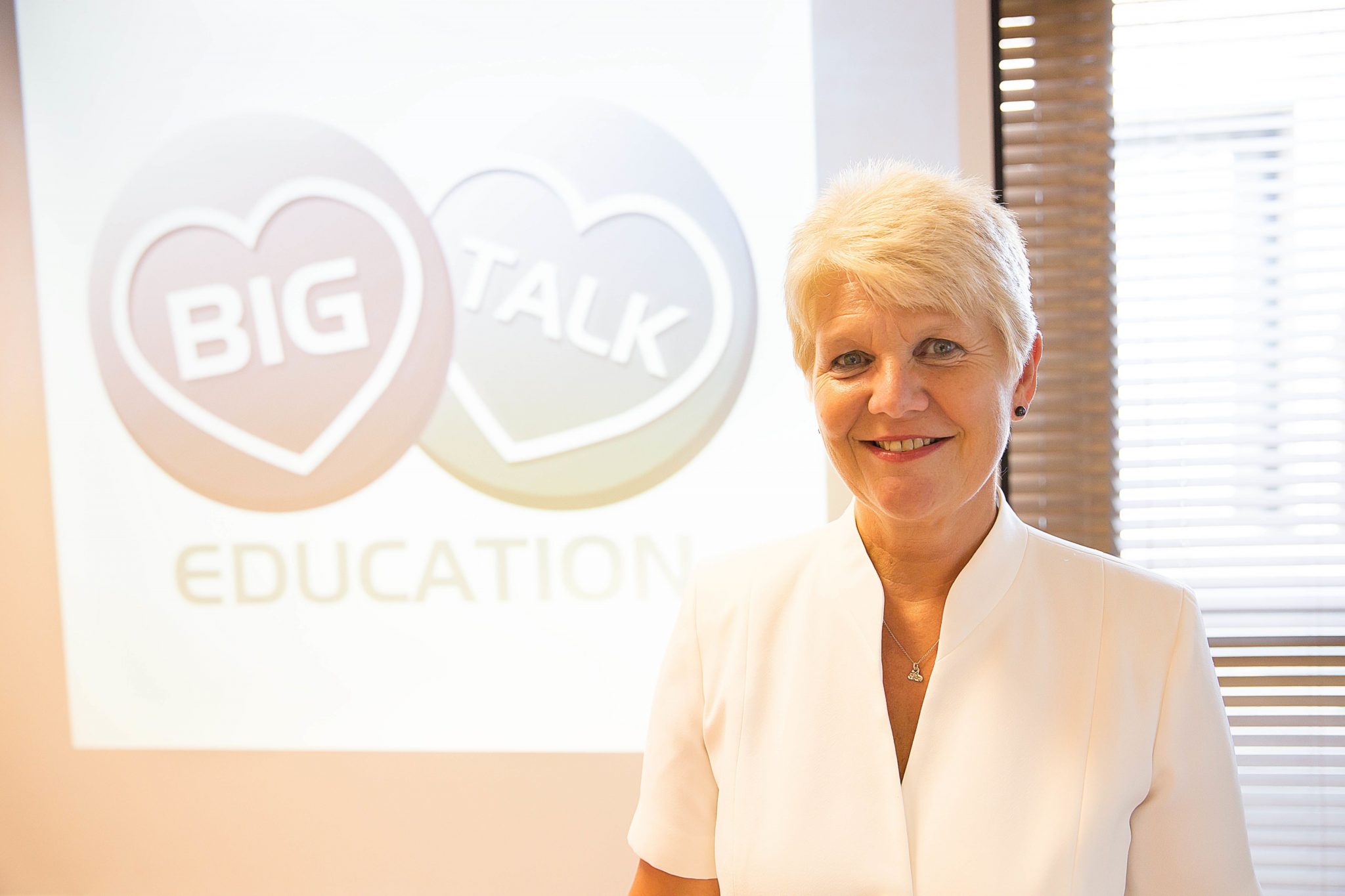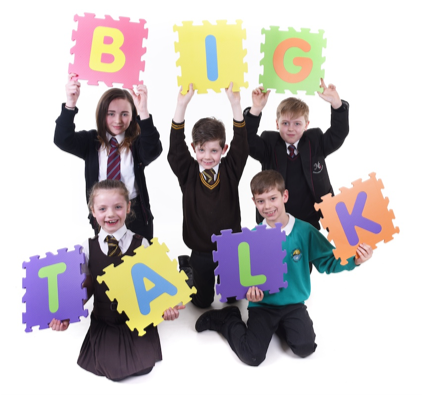Two mums sat on the second row of the crammed school hall, between them they ran the whole gamut of emotions throughout our presentation, fear, trepidation, nervousness, giggles, and finally came through with a confident, relieved air and large smiles!
These two Asian mums explained to me that they had been selected to represent their extended family which included about 15 nuclear families. They had been tasked with deciding whether or not this new highly sensationalised relationship and sex education (RSE) programme being introduced by government was suitable for the young ones in their families.
It was almost with euphoria that they shared with me, not only did they think it appropriate, but it would be so useful, so beneficial that the children were actually getting correct, factual information that would help keep them safe and understand their bodies far better. Having worked with Asian communities for many years, I could empathise with how many parents found this particular topic a taboo. The two mums that spoke to us were quite polarised in that one had happily already started discussions but the other one completely shied away from it much preferring school would be addressing this for her. They were both respectful of each individual approach and explored why this was.
I will always remember their initial and overriding comment “is that it?” They went on to explain that with all the media coverage especially on social media targeted at the Muslim community, they had been led to believe that it was something quite dreadful. They were very pleasantly surprised in the age appropriateness and its relevance to their own children’s lives. With the exception of 2 children, all those from Asian and other families in that multicultural South Yorkshire town attended the RSE lessons later that week.
Through my work with BigTalk Education, I personally deliver presentations with up to 5 groups of parents and carers each week during term time. Along with colleagues we follow through and deliver age-appropriate relationship and sex education to over 36,000 children and young people in 170 schools each year. The age range covers 3 to 18, which in itself is usually a conversation starter, (if a child is old enough to be abused, they are old enough to be educated). All this contact with parents puts this in a good position to read the barometer of how the new statutory relationship and sex education issue is being received by parents up and down the country.
It’s been a roller coaster first half term with a wide range of reactions, so far this educational year we have delivered in 30 different schools up and down the country, rural, inner-city, academies and private schools. Because many parents have assumed for years that RSE has been statutory they think there are major changes coming, especially into Primary Schools. This is not necessarily the case; many Schools have been delivering very effective RSE and the new Guidance is about ensuring it isn’t a post code lottery but a right for all children and young people. That they should all have access to the information that can help keep them safe, recognise when something isn’t right and know to tell a trusted adult. In addition, it should cover the fact that in our contemporary, liberal, inclusive society, families take many different forms.
In some schools we have a very good turnout of parents, but in fairness especially where we have worked with Schools for several years, attendance can be minimal. The main reason for this, is that RSE has become normalised, as with any other subjects parents and carers trust the School, there is a good, trusting relationship. Another explanation, which parents tell us, is that some parents don’t really want to have those conversations and are more than happy for Schools to take the lead! However, it is important that parents are aware of what is being taught and different Schools will adopt various methods of improving participation, coffee and biscuits always goes down well, one school even holds a free raffle in a bid to draw in more parents!
Many parents or carers can arrive in various states of anxiety, some quite heightened. In an attempt to calm parents, we do try to meet and greet individually asking the ages of the children and explaining briefly which part of the presentation will be most relevant to them.
There are many reasons for this apprehension, it may include school phobia: they may have had negative school experiences themselves and this carries over into parenthood. Another reason is the number of parents and occasionally grandparents who subsequently disclose to us that they find this whole topic difficult due to their own personal experiences which may include abuse. In these instances, it may be reopening old wounds and we do recommend seeking support if they have not already done so. Sometimes parents see the word “sex education” and it can conjure up an adult interpretation, assuming this is what we will be covering with the children, we do explain the concept of age appropriateness and they are relieved when they see the content. We really appreciate parents taking the time to attend the presentation, which covers why the information is important as well as what we plan to cover. Parental involvement and feedback are crucial, and this is how we continually develop and improve RSE. Often parents and carers want to ask specific questions relating to how they think their child may react, especially if their child is on the spectrum or has specific issues. It’s often worth Schools having their resources checked over by an autism specialist to see if they are suitable.? We did that several years ago and maintained the design, style and approach which is most appropriate. Lessons learnt in the primary years give an invaluable understanding of what is acceptable and not acceptable.
One area where parents’ attitudes have moved on significantly is their acceptance and understanding of the requirement for their children to know the correct scientific names for their genitals, for example penis and vagina. A few years ago, there was quite some resistance to this as many preferred family words such as “minnies”, “willies”, “flowers” the list goes on… When parents who weren’t already aware realised that a specific common vocabulary actually helped to keep them safer, it meant they could clearly state exactly what had happened if they had been inappropriately touched etc. We rarely if ever have parents raising concerns about their children knowing these words, indeed we are working together with @Educating Eve to increase this by introducing other words as they progress such as vulva. This is in a bid to reduce the incidents of female cancer where girls and women are shy to visit their doctor due to lack of knowledge about the intimate parts of their body.
Other comments we sometimes hear are “he/she is just not ready yet “so often after our discussion it emerges that it’s the parent who’s not really ready, not the child and they acknowledge this often receiving support and reassurance from friends and other parents. Some parents struggle for whatever reason and want to extend childhood indefinitely, not wanting to face the reality that their children are growing up. In the past it was far easier to control information sources open to children and young people, with the ease of access to the Internet this is no longer the case. The vast majority of parents want their children to learn about relationships and sex in an appropriate context and not through various Internet portals. Lack of information can leave them ignorant not innocent and vulnerable to abuse and exploitation.
National media coverage of relationships and sex education has led many to believe that the curriculum has changed dramatically since government plans to make it statutory in 2020. This combined with the inclusion of LGBT information has led some to jump to the conclusion that we cover some intimate details in great depth even in primary schools, we don’t! This is greeted with huge relief.
In another provincial university town where the catchment included professionals and academics the response was different again. One parent immediately came up to us after the presentation asking why on our website we were so defensive “surely every parent wants their child to be kept safe, this is imperative information”. We always stress to parents that we are working in partnership and inform them that research tells us that children and young people want their parents to be their primary educator in this field. Responses are as different as the parents attending, but it’s the quiet majority that hold the key, they come seeking help in terms of hints, tips, when is best and how? Also, they are seeking reassurance that they have said the right things so far. The positive feedback we receive from parents far outweighs their concerns; our children are growing up in a very different world to the one in which their parents were raised. We have to acknowledge this and give them the support, information and skills with which to navigate it. It is through openness, trust, good communication and working together as parents and educators that we can get the best outcomes for their children. Effective RSE is like any other subject, it has a spiral curriculum that extends information each year to help them understand themselves, their families, friends, relationships and the world around them, helping to keep them safe, healthy and happy!
For more insight into parents views please visit our webpage where parents have their say:
https://www.bigtalkeducation.co.uk/school-relationship-sex-education-programmes/case-studies/
Lynnette Smith
BigTalk Education
28th October 2019
About the Author – Lynnette Smith
MD & Founder
Lynnette Smith is the MD and Founder of BigTalk Education, she is also the Chair of the National Children’s Bureau’s Sex Education Forum Advisory Group.
Lynnette has a background in Youth & Community Work; she is also a qualified Teacher, Trainer and Specialist Relationship & Sex Education Trainer having worked in the field of SRE since the early ’90s. She has worked for several Authorities in the Yorkshire and Humber Region before setting up BigTalk Education in 2005. Find out more about Lynnette Smith. Carry on the conversation at…







Recent Comments